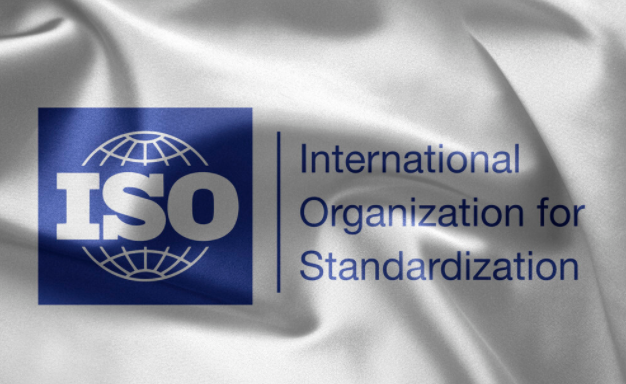COMPANY
News
HOME > COMPANY > News
A detailed summary of common certification systems! Learn quickly!
Date:2021/1/9 Clicks:1282

1. Enterprise certification is divided into product certification and system certification.
①Certification of product quality
In my country, the new national compulsory product certification implemented on May 1, 2002, the English name is "CHINA COMPULSORY CERTIFICATION", and the English abbreviation is "CCC" (abbreviated as "3C certification").
②Management system certification
The so-called management system refers to "a system that establishes policies and goals and achieves these goals". Management system certifications that have received widespread attention and rapid development in countries (regions) around the world mainly include:
⑴ISO9001 quality management system certification
⑵ISO14001 environmental management system certification
⑶ISO 45001 (new version) replaces OHSAS18001 (old version) occupational health and safety management system certification
⑷ISO20000 information technology service management system certification
⑸ISO27001 information security management system certification
⑹IATF16949 automotive industry quality management system certification
⑺ISO22000 food safety management system certification
⑻ISO13485 medical device quality management system certification

2. Common three system certifications in enterprises
①【ISO9001 Quality Management System Certification】
ISO 9001 quality management system certification is by far the most mature quality framework in the world. Currently, more than 750,000 organizations in 161 countries/regions are using this framework. ISO 9001 not only sets standards for the quality management system, but also for the overall management system. It helps all kinds of organizations to achieve success through customer satisfaction improvement, employee motivation and continuous improvement.
effect:
1. Competitive advantage;
2. Improve corporate performance and manage operational risks;
3. Attract investment, improve brand reputation and eliminate trade barriers;
4. Save money
5. Streamline operations and reduce waste;
6. Encourage internal communication and improve employee motivation;
7. Improve customer satisfaction.

②【ISO14000 Environmental Quality Management System Certification】
ISO14000 is an international standard for environmental management systems formulated by the International Organization for Standardization (ISO). The standard is formulated by the Environmental Management Technical Committee of ISO/TC207. There are 100 numbers from 14001 to 14100, collectively referred to as the ISO14000 series of standards. ISO14000 certification has become an important "weapon" for breaking green trade barriers and entering the international market.
effect:
1. The implementation of ISO14000 standard is a "green pass" for trade. At present, there are more and more requirements for environmental protection standard ISO14000 in international trade;
2. Improve corporate image, reduce environmental risks, gain advantages in market competition, and create business opportunities;
3. Improve management capabilities, form a systematic management mechanism, and improve the overall management level of the enterprise;
4. Grasp the environmental conditions, reduce pollution, and embody the idea of "cleaner production";
5. Energy saving and consumption reduction, reducing costs, reducing various environmental costs, and obtaining significant economic benefits;
6. In line with the national policy of "sustainable development", free from domestic and foreign environmental protection restrictions, enjoy preferential policies and treatments in environmental protection at home and abroad, and promote the coordination and sustainable development of the corporate environment and economy.

The ISO45001 system is actually an international standard for occupational health and safety management systems
effect:
1. It can improve the safety management and comprehensive management level of the enterprise, and promote the standardization, standardization and modernization of enterprise management.
2. It is possible to reduce the economic losses and negative effects caused by industrial accidents and occupational diseases, and to improve the economic benefits of the enterprise.
3. It may improve the credibility, image and cohesion of the enterprise.
4. It can improve the safety quality, safety awareness and operation skills of employees, so that employees can consciously prevent safety and health risks in production and business activities.
5. It can enhance the competitiveness of enterprises in domestic and foreign markets.
6. It can create conditions for enterprises to attract investors and partners in international production and operation activities.
7. It can promote the safety management of enterprises in line with international standards and eliminate trade barriers. It is the third passport for enterprises.
8. The relationship between government, enterprise and employees (and related parties) can be improved by improving the level of production safety.
Add.:Room703、705/7F, Development Building, Tian An Hi-Teck Ecological Park, No.555 North Road Panyu Avenue, Panyu District, Guangzhou City, 511400, China
Tel.:020-39211670 Fax:020-39211640 E-mail:info@certitek.cn

